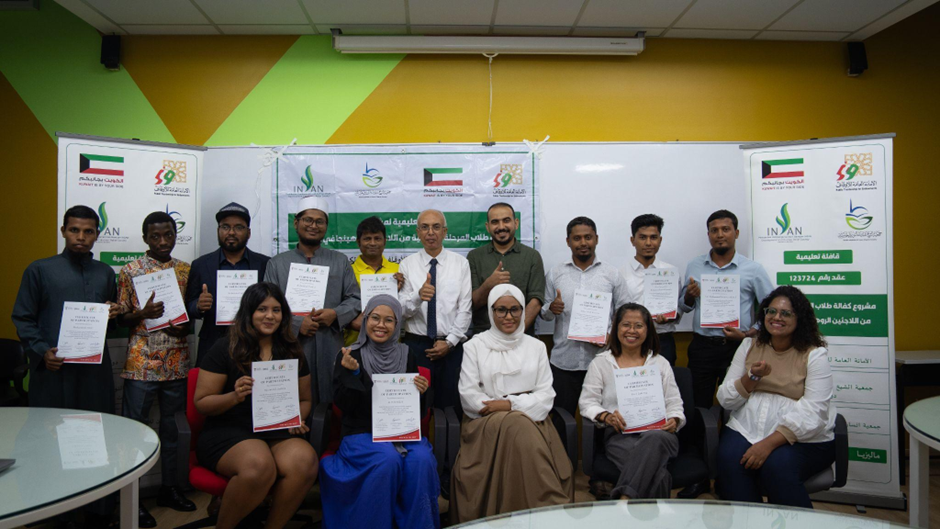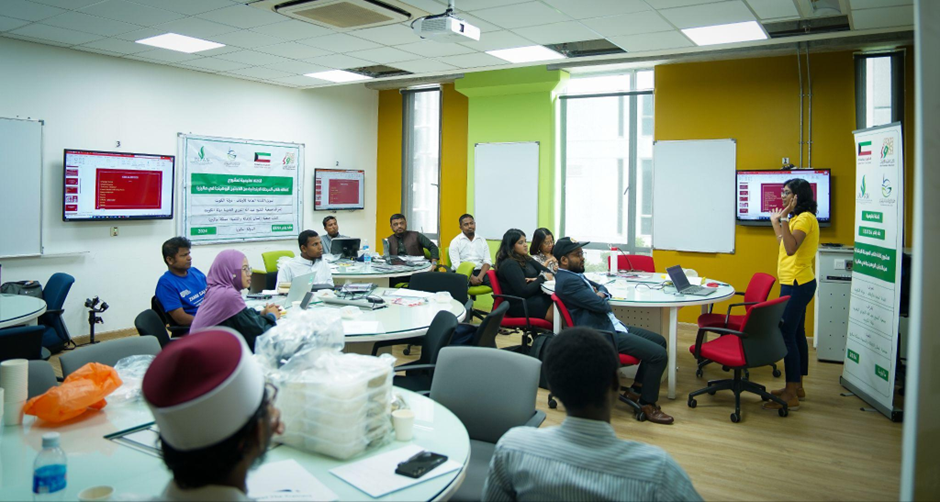"Teaching refugee children is not just about delivering a curriculum; it's about restoring hope, dignity, and the possibility of a brighter future."
We are excited to announce the "Teacher Professional Development Training for the United Arakan Institute", a transformative project led by Taylor's University School of Education in collaboration with Development and Human Relief Society (INSAN), the United Arakan Institute Malaysia (UAIM) and other partners. This initiative empowers educators to address the educational, emotional, and cultural needs of refugee children.

The importance of training teachers for refugee education cannot be overstated. Refugee children often face disrupted schooling, language barriers, and emotional trauma. Educators play a vital role in providing stability and support to help these students thrive. This training equips teachers with tools to create inclusive classrooms, fostering belonging and enhancing learning outcomes.
Led by a dedicated team of trainers and researchers, with Dr. Vinothini Vasodavan as the lead trainer. The team includes esteemed colleagues: Dr. Jasmine Jain, Dr. Lee Yee Ling, Dr. Joseph Malaluan Velarde, Ms. Hema Letchamanan, Ms. Mindy Tay Pei Lin, Dr. Viji Ramamuruthy, Dr. P. Thivilojana Perinpasingam, and Dr. Neerushah Subarimaniam. Together, they bring extensive expertise, commitment, and compassion, ensuring a powerful and impactful learning experience for all participants, the 30-hour programme spans five sessions. It covers critical topics such as:
Trauma-informed teaching practices
Multilingual classroom management
Culturally responsive pedagogy
Curriculum adaptation
Innovative assessment methods

The project also builds peer support networks to foster collaboration and growth. By equipping teachers with trauma-sensitive strategies and a deeper understanding of their students' needs, we aim to create supportive environments where refugee children feel valued and capable of success.
Something to ponder: How can we, as educators and community members, continue to support and advocate for refugee children’s right to quality education?
We look forward to sharing the positive outcomes of this project as we work together to drive educational equity and enhance support for refugee students. Together, we can make a lasting difference in the lives of these young learners.




